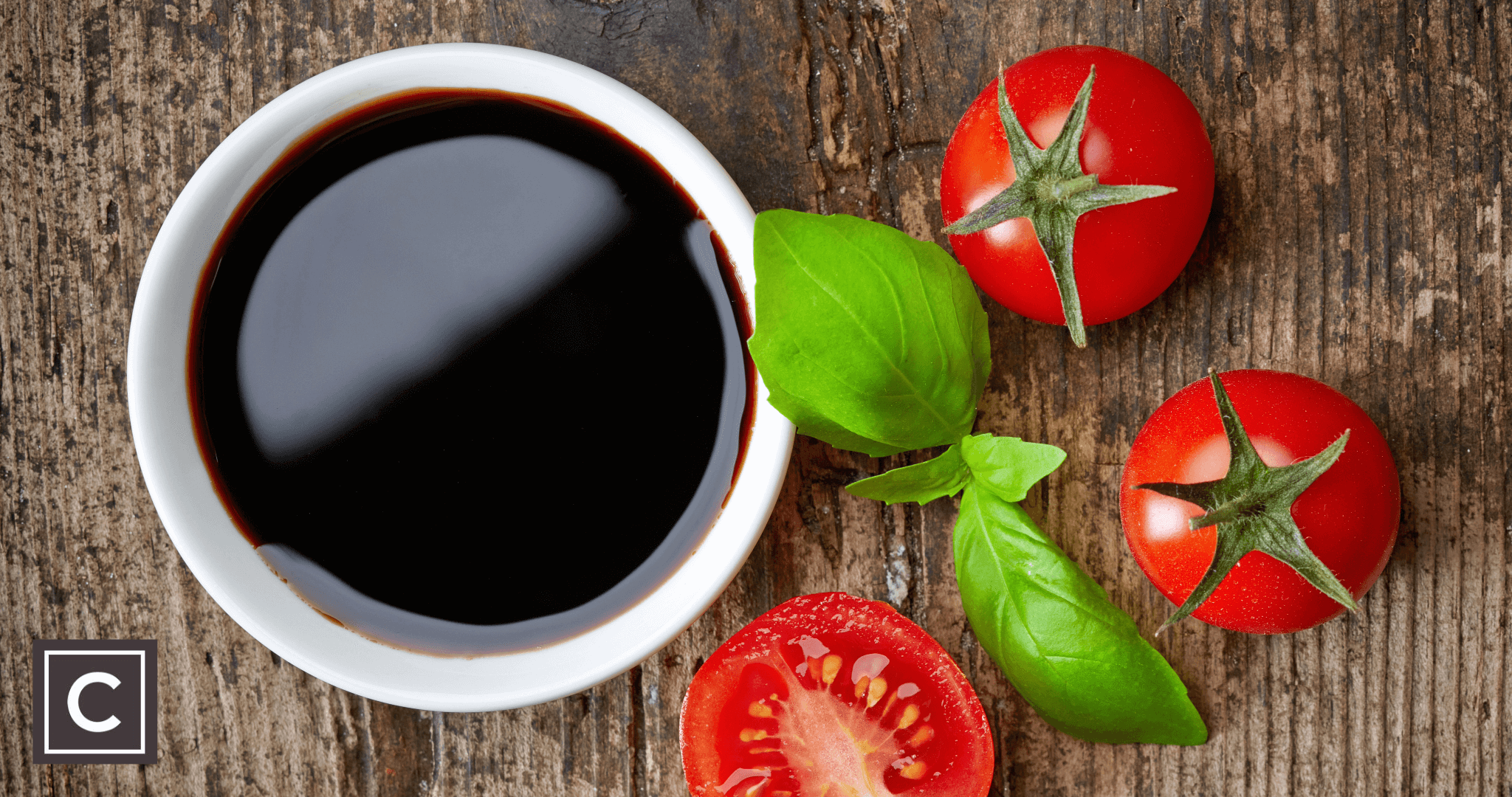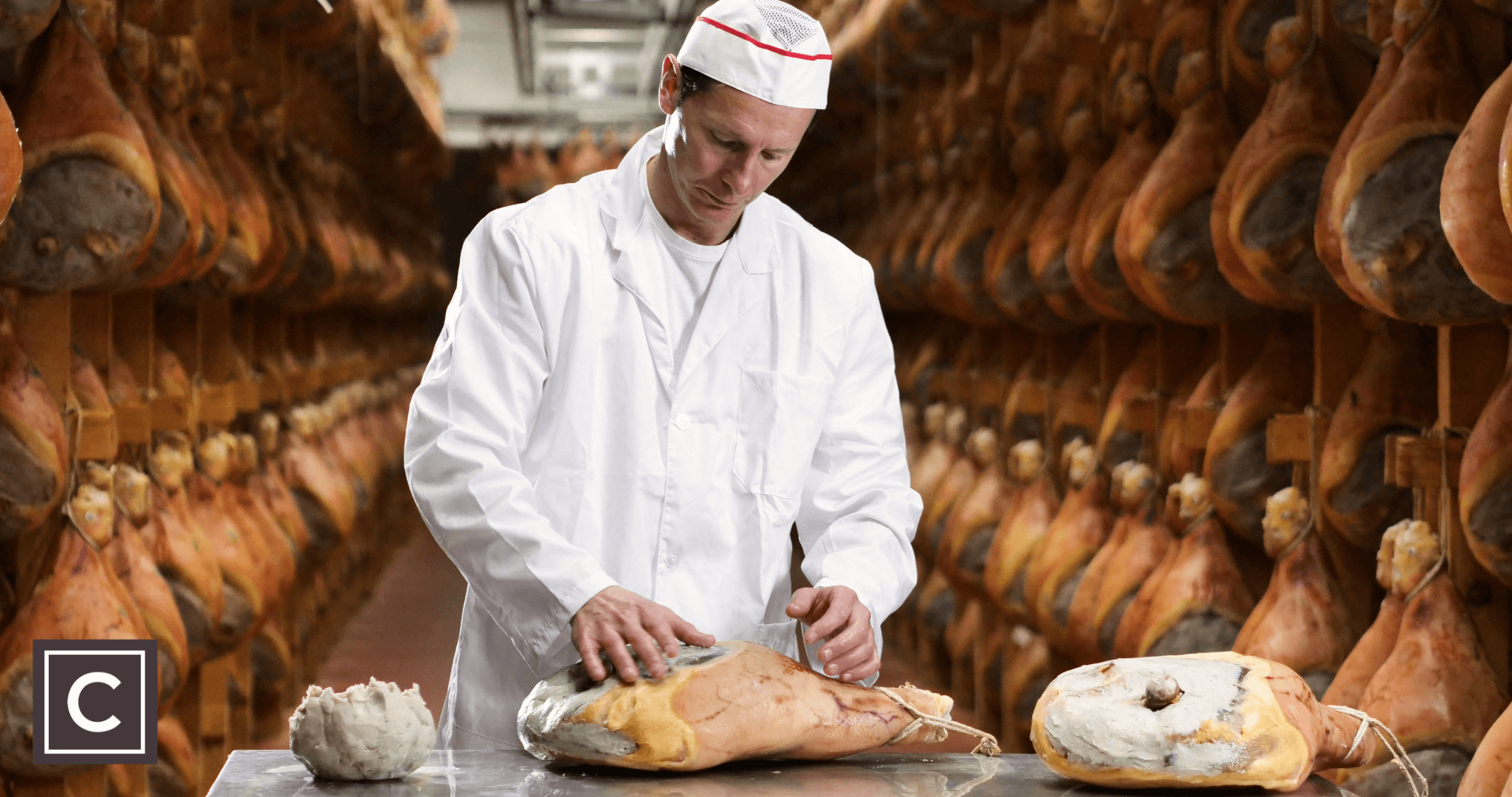Balsamic Battle: Italy Challenging Slovenia Over the Authenticity of Balsamic Vinegar
Posted by Stelios on 22nd Aug 2022 Reading Time:
Last year, tensions arose between Italy and Slovenia over the title and tradition of balsamic vinegar. I recall how Italy's renowned balsamic vinegar, specifically "aceto balsamico di Modena" – a title reserved since 2009 for producers in the Modena and Emilia-Romagna regions – came under threat. The crux of the matter was Slovenia's decision to notify the European Commission about its intent to "standardise" vinegar production. In layman's terms, this would allow them to label any wine vinegar blended with concentrated fruit juice or must as "balsamic vinegar".
To safeguard the integrity of its cherished geographically protected balsamic vinegar, the Italian government initiated infringement proceedings against Slovenia. The move was more than just about preserving a name. It was about upholding the tradition and excellence of Modena's balsamic vinegar, an estimated market worth around €1bn.
Mario Draghi's government, recognising the gravity of this vinegar vendetta, authorised the state attorney to commence the proceedings. Yet, before taking the matter to the Court of Justice of the European Union (CJEU), a consultation with the Commission was essential. Mariangela Grosoli, head of the consortium for the protection of balsamic vinegar of Modena, expressed a sigh of relief, saying that they were beginning to "see a glimmer of light" after months of anticipation.
Italy has always been vocal about shielding its culinary heritage. Stefano Patuanelli, Italy's agriculture minister, had emphasised that the nation would go to great lengths to protect its wine and food from "illicit attacks".
However, the outcome remains uncertain. The CJEU, in 2019, delivered a blow to Italian balsamic vinegar producers by permitting a German company to use the terms aceto or aceto balsamico to market its vinegar products. The court clarified that while "aceto balsamico di Modena" was restricted to a specific geographical zone, the term "aceto balsamico" had no such boundaries.
 Image Source: Zhfunga Kwoue, CC BY-SA 4.0, via Wikimedia Commons
Image Source: Zhfunga Kwoue, CC BY-SA 4.0, via Wikimedia Commons
It's worth noting that Italy's documents on the matter highlight that Slovenia's proposed regulations might shield their vinegar producers from allegations of evoking or mimicking a geographical indication when marketing their products as "balsamic vinegar". However, from Slovenia's standpoint, these modifications are purely technical. Špela Horjak, speaking for the Slovene delegation in Brussels, elucidated that in Slovenia, the term "balsamic vinegar" is generically used and doesn't infringe upon Italy's protected geographical indications.
In light of a 2019 European Court of Justice decision, which confirmed that a protected geographical indication for Balsamic Vinegar of Modena doesn't prevent non-Italian food manufacturers from using the broader term "balsamic" for their items, Slovenia's changes appear less drastic. Horjak further emphasised the distinction in production techniques, stating that the methods employed for Modena's Balsamic Vinegar markedly differ from those used in Slovenia.
As an observer, one can only wait and see how this international culinary dispute unfolds. But what's clear is that behind the rich, dark, and tangy taste of balsamic vinegar lies a history and tradition that nations are willing to defend fiercely.
What is Protected Designation of Origin: Like many traditional products in Europe, certain types of balsamic vinegar have a protected designation of origin, ensuring that they are produced to specific standards and in specific geographical areas. The terms "Aceto Balsamico Tradizionale di Modena" and "Aceto Balsamico Tradizionale di Reggio Emilia" have PDO status, ensuring they are made using traditional methods in these specific regions.
Other Protected Designation of Origin Disputes
Disputes over Protected Designations of Origin (PDO), as well as other geographical indications like Protected Geographical Indication (PGI) and Traditional Specialities Guaranteed (TSG), are not uncommon in the European Union and elsewhere. These disputes often arise because these labels confer a premium status to products, signifying authenticity and traditional quality. Here are a few other disputes related to PDO and similar designations:
Feta Cheese: One of the most famous disputes involves Feta cheese. Greece got a PDO for Feta in 2002, meaning only cheese produced traditionally and in specific areas of Greece could be labelled 'Feta'. Other countries, especially Denmark and Germany, had made their own versions of Feta for many years and opposed the PDO designation.
Champagne: The sparkling wine industry has seen numerous disputes. Only sparkling wine from the Champagne region of France can be labelled 'Champagne'. Other regions in France and countries produce similar wines but must label them differently, e.g., 'Cava' in Spain, 'Prosecco' in Italy, and 'Sparkling Wine' in most other countries. The Champagne label's misuse has led to legal challenges.
Parma Ham (Prosciutto di Parma): This famous Italian ham has PDO status, meaning it can only be produced in a specific region around Parma, Italy. Disputes have arisen with other ham producers using the 'Parma' name or similar branding.

Stilton Cheese: Only cheese produced in certain counties of England can be called 'Stilton'. A cheese producer in the village of Stilton (which gave the cheese its name) cannot call its cheese 'Stilton' because the village is outside the designated PDO area. This has led to debates and challenges.
Basmati Rice: While not an EU PDO, Basmati Rice's designation is a point of contention between India and Pakistan. Both nations produce Basmati, but there have been disputes over naming rights and geographical indications, especially in third-party markets.
Scotch Whisky: 'Scotch' can only be used for whisky distilled in Scotland. The Scotch Whisky Association has taken legal action against numerous entities worldwide for using the term 'Scotch' or misleading branding that insinuates the whisky is Scottish when it's not.
Sources:
Sour grapes: Italy takes Slovenia to court over balsamic vinegar
Italy turns sour over Slovenia's balsamic vinegar
The Surprising Reason Slovenia Is Going To Court Over Balsamic Vinegar
Italy, Slovenia await Commission to settle balsamic vinegar dispute

